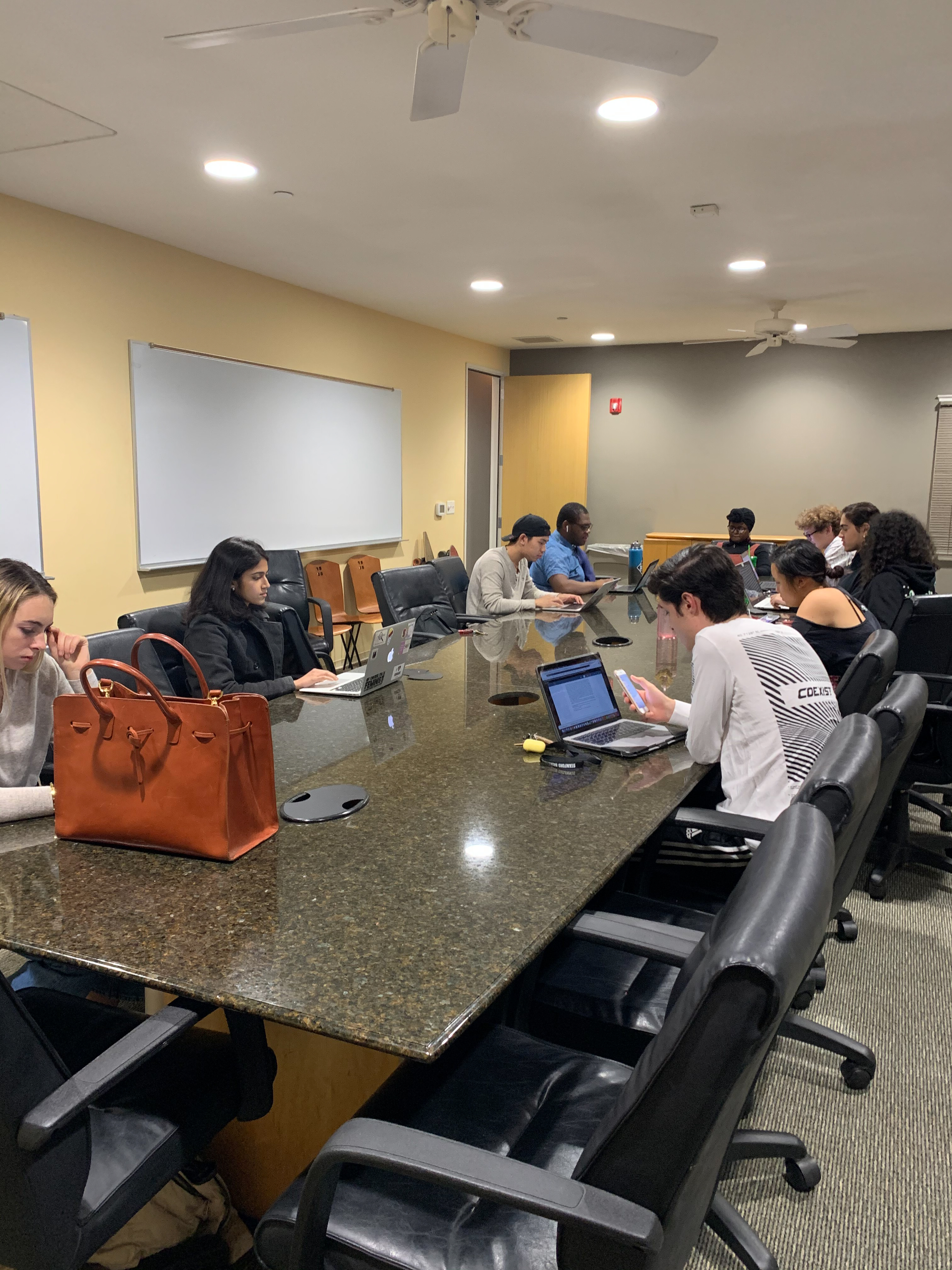At the 12th meeting of the 21st Undergraduate Senate, senators passed a resolution to support affordable student-dependent health care ahead of schedule. Senators also discussed efforts to streamline student mental health resources and initiatives to ensure ethical Cardinal Fund investments.
Graduate Student Council representative and sixth-year Ph.D candidate Irán Román brought forward a resolution calling for administration to support affordable healthcare for student-dependents, such as a student’s spouse or children. Román, who is also the Associate Students of Stanford University (ASSU) co-director of affordability, cited growing costs of living in family housing as reason for the resolution, and called for the centralization of healthcare plans through Vaden Health Center rather than separate third party organizations.
“The current healthcare system is deeply broken and prices are going through the roof, so much so that people are stopping their enrollment,” Román said.
Although Stanford has subsidized costs for these plans, Román said prices remain so high that many student-dependent family members cannot depend on these services.
The ASSU unanimously moved to pass this resolution immediately, citing an upcoming meeting with University leadership and the resolution committee as a necessary reason to forgo pushing the vote to next week.
Senator Martin Altenburg ’21 suggested that administration should take student input into consideration in order to develop a more efficient form of Cardinal Care.
The Mental Health and Wellness Committee then presented on their progress on mental health policy and advocacy on campus. The committee discussed recent achievements, including the distribution of mental health resources posters in every residence hall and a recent meeting with the Office of Accessible Education (OAE) to develop a feedback survey for students using accommodations.
Senators discussed a recent partnership with non-profit Children and Health Council which has the potential to ensure accessible mental health referrals, which are currently located far from most students.
According to the committee, an important next step for the committee will be creating larger information networks with mental health organizations across campus.
Investment Analyst Richa Gupta ’21, who spoke on behalf of ASSU Financial Officer Lauren Phillips ’17, discussed initiatives to ensure ethical reinvestments in the Cardinal Fund. According to Philips, reports recently published by student focus groups supported Stanford divesting from companies that support fossil fuels, private prisons, Big Pharma and poor labor laws as top concerns.
According to Gutpa, most students don’t know that their money is being vested through ASSU and these focus groups are an important first step in raising awareness amongst the student body. Gupta emphasized the need for balance between generating returns and aligning with ethical standards.
“Our main goal is to push towards investing in companies that align with what students believe in,” Gupta said.
Contact Emilia Diaz-Magaloni at emilia2 ‘at’ stanford.edu
